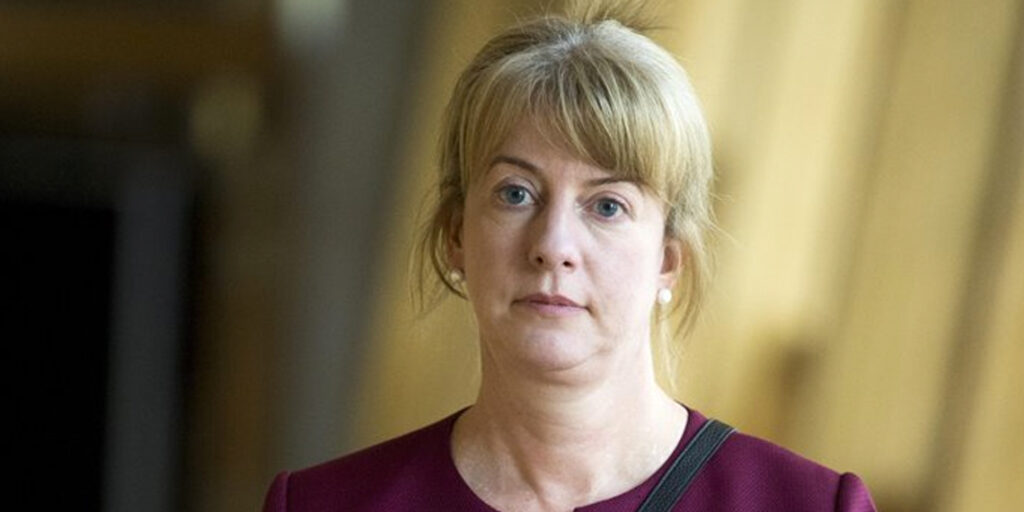The UK Government has pledged up to £300 million to Scotland to help mitigate the impact of the National Insurance (NI) increase, a move the Scottish Government has criticised as insufficient to address rising costs.
Chancellor Rachel Reeves announced that Scotland would receive between £295 million and £330 million through the Barnett formula, which allocates funding to devolved administrations based on spending in England.
However, Scottish Finance Secretary Shona Robison argued that this allocation falls short, accusing Westminster of enforcing “austerity through the back door.”
The Scottish Government estimates it needs over £500 million to fully offset the financial strain of the NI hike on employers, particularly given the larger proportion of public sector employment in Scotland compared to the rest of the UK.
The latest statistics reveal that 22% of Scotland’s workforce is employed in the public sector, compared to the UK average of 17%.
Robison warned that the funding shortfall would force cuts to vital public services, describing the situation as a significant challenge ahead of the Scottish Government’s upcoming budget announcement.
“Labour need to fully fund their decision to avoid irreparable damage to our public services in Scotland,” she stated, demanding clarity from Westminster on whether additional funding will be provided.
Last week, the Scottish Parliament passed a motion urging the UK Government to fully compensate Scotland for the cost of the NI increase.
However, no commitment has yet been made to bridge the estimated £200 million funding gap.
As the debate over funding continues, the Scottish Government is preparing to deliver its budget for the next financial year, with Robison emphasising the urgency of addressing the financial strain caused by the NI increase.
This funding dispute highlights ongoing tensions between Westminster and Holyrood over fiscal autonomy and the allocation of resources to Scotland’s public sector.


